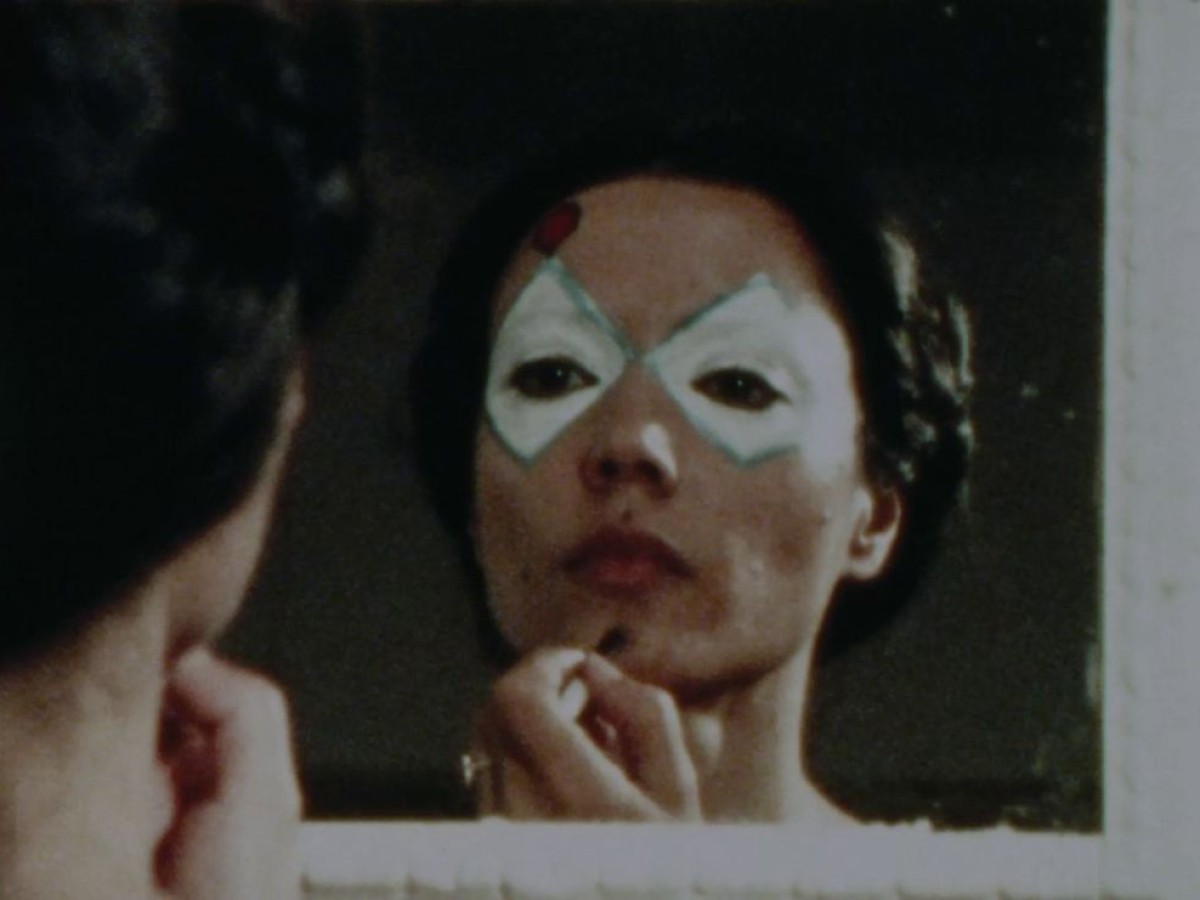La lotta non è ancora finita
Feminist Cinema from Italy
May 6 to 10, 2022
1970s Italian feminism clearly distinguished itself from other Western feminisms: via its radicality and the multiplicity of its paths and forms as well as its practices and theories, which coexisted, communicated, and often collided. While organizations like the UDI (Unione delle donne italiane) stood in close proximity to ones like the PCI (Partita Communista Italiana) and were primarily engaged in the field of women's rights and emancipatory positions, they could also be found aligned with groups focusing on themes of health, sexuality, and the legalization of abortion.
How did films deal with all this? Or rather: How did women use the medium of film to represent, document, and assert the existence and development of the soggetto imprevisto, the "unforeseen subject"? Without claiming to be complete, this retrospective attempts to answer these central questions and presents a selection of works made under the sign of feminism: Some slightly preceded it, others were its direct result, and others have recounted the era from a historical perspective. The Film Museum offers a kaleidoscope of forms, languages, and media including militant and experimental films as well as TV documentaries and features that have never before been screened with subtitles for an international audience. (Annamaria Licciardello / Translation: Ted Fendt)
A series initiated by Constanze Ruhm, conceived with Katharina Müller, and curated by Annamaria Licciardello, who will introduce the programs.
Unfortunately, Dacia Maraini and Annamaria Licciardello cannot come to Vienna as announced. The planned conversation on Saturday, May 7, was recorded on video and shown (in Italian) after the film program.
In collaboration with Istituto Italiano di Cultura Vienna
1970s Italian feminism clearly distinguished itself from other Western feminisms: via its radicality and the multiplicity of its paths and forms as well as its practices and theories, which coexisted, communicated, and often collided. While organizations like the UDI (Unione delle donne italiane) stood in close proximity to ones like the PCI (Partita Communista Italiana) and were primarily engaged in the field of women's rights and emancipatory positions, they could also be found aligned with groups focusing on themes of health, sexuality, and the legalization of abortion.
How did films deal with all this? Or rather: How did women use the medium of film to represent, document, and assert the existence and development of the soggetto imprevisto, the "unforeseen subject"? Without claiming to be complete, this retrospective attempts to answer these central questions and presents a selection of works made under the sign of feminism: Some slightly preceded it, others were its direct result, and others have recounted the era from a historical perspective. The Film Museum offers a kaleidoscope of forms, languages, and media including militant and experimental films as well as TV documentaries and features that have never before been screened with subtitles for an international audience. (Annamaria Licciardello / Translation: Ted Fendt)
A series initiated by Constanze Ruhm, conceived with Katharina Müller, and curated by Annamaria Licciardello, who will introduce the programs.
Unfortunately, Dacia Maraini and Annamaria Licciardello cannot come to Vienna as announced. The planned conversation on Saturday, May 7, was recorded on video and shown (in Italian) after the film program.
In collaboration with Istituto Italiano di Cultura Vienna
